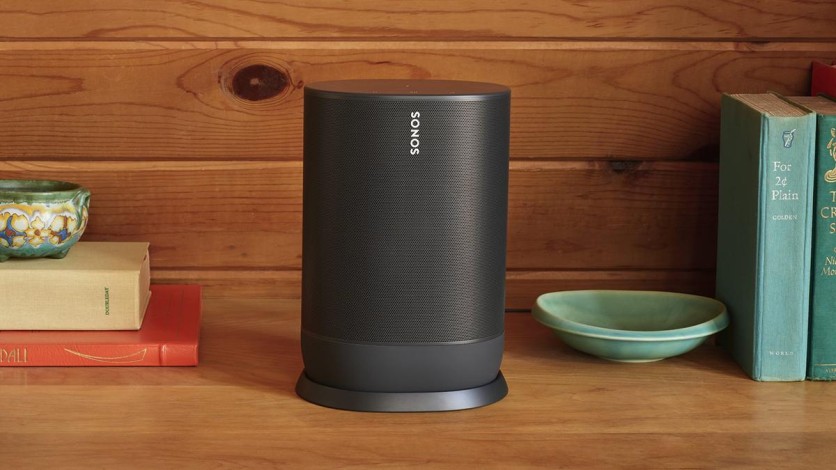
In what might become a long and protected battle, home speaker maker Sonos has filed two lawsuits against Google. Sonos, which gained popularity from its seeming wireless and integrated speakers, filed two lawsuits: One in the Federal District Court of Los Angeles and one in the United States International Trade Commission, a body that oversees trade cases and can effectively block imported goods that violate patents.
In Sonos's lawsuit, the company claims that Google has stolen some of its patents during the partnership of the two companies.While it is Sonos' claim that Google broke over a hundred patents, Google will only be sued for five of these.
"Google has been blatantly and knowingly copying our patented technology," Patrick Spence, CEO of Sonos, said in a statement. "Despite our repeated and extensive efforts over the last few years, Google has not shown any willingness to work with us on a mutually beneficial solution. We're left with no choice but to litigate."
However, Google denies these claims. A Google Spokesperson, Jose Casteneda, commented that the companies were in discussion between both of the companies' IP and "are disappointed that Sonos brought these lawsuits instead of continuing negotiations in good faith. We dispute these claims and will defend them vigorously,"
Sonos also claims that Amazon is in violation of these patents, but decided to only focus on Google as of the moment, as they cannot fight two tech giants at once. Amazon, however, claims that their Alexa speakers were not developed using Sonos' technology.
"The Echo family of devices and our multiroom music technology were developed independently by Amazon," Natalie Hereth, a spokesperson for Amazon said.
A complicated history
Sonos first rose to popularity due to bringing the wireless speaker concept to the mass market. It was one of the first companies to offer interlinked speakers that played the same song, regardless of where the speakers were located. In 2013, Sonos partnered up with Google to enable Google's music service to easily work with Sonos speakers, giving Google access to Sonos' speaker blueprints. At that time, Google did not have any wireless speakers of its own.
Later on, when Google released its own wireless speaker, Sonos found out that Google was using Sonos' techniques in solving some of the technical hurdles that wireless speakers face when communicating with each other. They also found out that Amazon's Echo speakers were using the same approach.
Sonos sought to fix the problem internally first. In 2016, they warned Google that the company was infringing. Sonos spent the next three years telling Google that over a hundred of its patents were being violated by Google's wireless speakers. Sonos tried to reach a deal with Google but ultimately declined as the contracts were one-sided.
Nowadays, Sonos is struggling as Google, and Amazon's speakers are cheaper than Sonos is able to offer. Sonos' speakers are beginning at $200 each, while Amazon and Google's speakers can be had for as low as $50. Sonos only moved 6.1 million speakers for the whole year, while Amazon moved 10.5 million speakers, and Google moved 6 million speakers in just one quarter.
While current Sonos speakers are capable of both using Amazon Alexa and Google Assistant, it is then understandable as to why Sonos would want to stop Google, and eventually Amazon, to stop selling their speakers as the company is massively undercut by the two tech giants. Sonos has recently acquired Snips, an AI voice platform that would probably replace Alexa and Assistant.
ⓒ 2026 TECHTIMES.com All rights reserved. Do not reproduce without permission.




